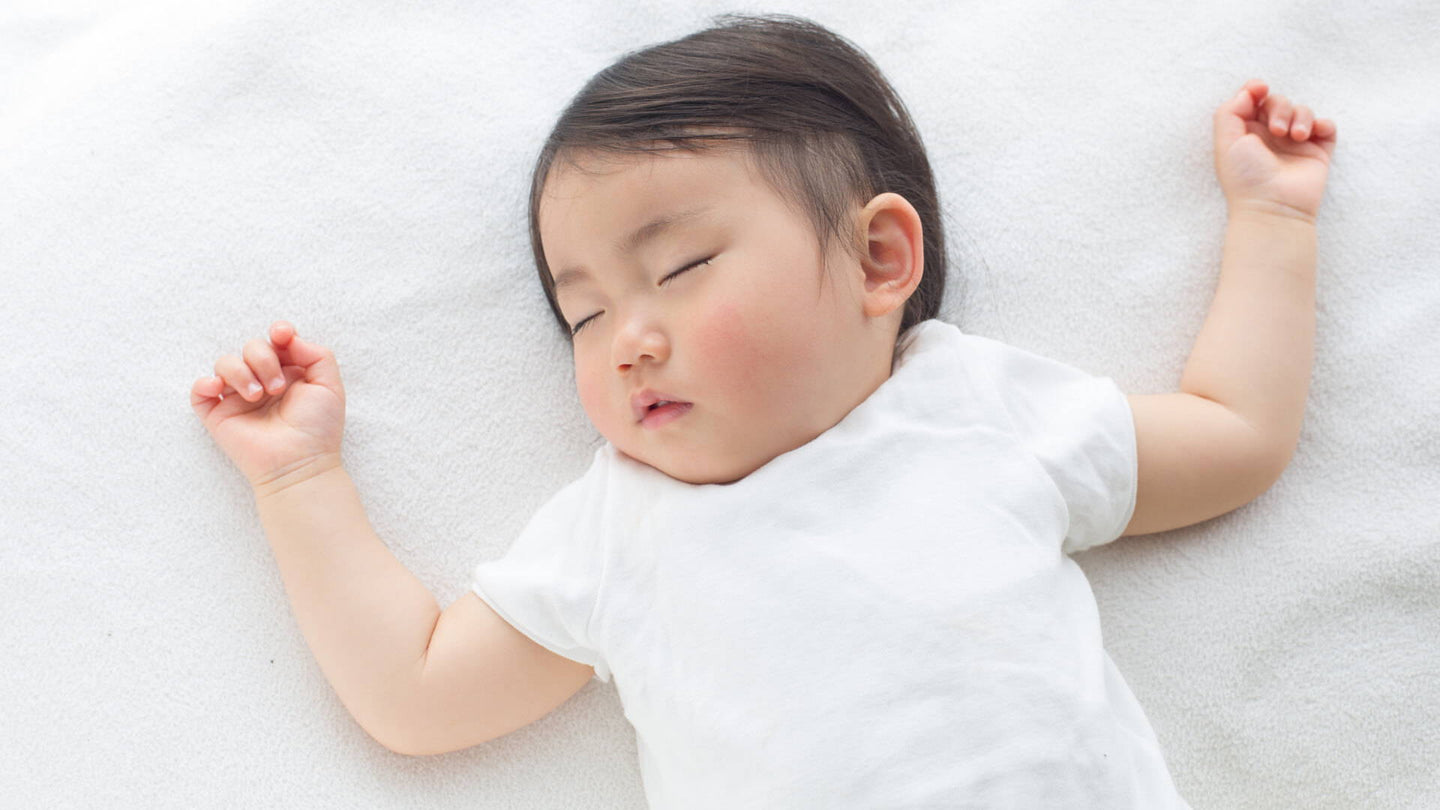Sensory processing involves how the brain interprets environmental information. These sensory activities and experiences are vital for children and babies. Supporting the development and activating their brain with really positive impacts on their sleep!
Individuals can be sensory seeking or avoiding of sensory stimulation. While most people process sensory inputs without issue, those with challenges may find it overwhelming. Understanding children's sensory preferences is really helpful as they may struggle to communicate them. Recognising patterns of behaviour related to touch, sound, and associated experiences can help with supporting emotional regulation, especially before sleep.
So lets look at the basics!
Humans have 7 core senses, which include:
-
Smell
-
Touch
-
Speech
-
Hearing
-
Sight
-
The vestibular system: helps with balance and orientation in space.
-
The proprioceptive system: provides information about body parts and their position in space using muscle feedback.
Any of us can be seekers or avoiders of certain sensory experiences, with seekers experiencing a calming effect and avoiders showing a fear response due to different physical reactions and experiences of things like heart rate changes.
We all have sensory preferences, but some children, particularly those with developmental conditions such as Autism, can find specific sensory inputs overwhelming which is why its helpful to understand sensory needs when it comes to supporting children.
In the Context of Sleep:
Put simply, during awake time there should be a wide variety of sensory inputs, including exciting things to see and touch, as well as different scents and sounds. These don’t need to be complex; singing with your little one, allowing them free floor play to experience their bodies, time outside and letting them hold a variety of household objects.
Before sleep, we want to change this sensory input to be more calming, quiet and soft. Getting cosy and calm for sleep. Massage, song, meditation/ relaxation and pressure could all be worthwhile.
When we think about sensory needs and preferences, it’s easy to see how those a child likes and finds calming can support relaxing for bedtime. However, those that are overwhelming can stimulate children; these might be things like scratchy labels.
While we are awake:
We can incorporate sensory activities into play regularly and observe how children respond to these, introducing more that align with their preferences and exposing them to new sensations where possible.
Here are some great sensory activities for children of different ages!
Activities for Babies:
-
Engage in slow, deep bounces while seated on a yoga ball
-
Allocate some tummy time for your baby
-
Provide firm, deep-pressure massages
-
Carry your baby in a sling for bonding
-
Playfully roll your baby in a soft blanket like a sushi roll, ensuring their head is exposed, and then gently roll them on the floor while playing 'Peepo'
-
Let your baby enjoy swimming time
-
Encourage crawling to promote motor skills
Activities for Toddlers:
-
Doing push-ups against a wall
-
Trampolining
-
Playing on soft play equipment
-
Carrying a backpack with a bottle of water in it
-
Engaging in play wrestling
-
Playing ball games
-
Practicing gymnastics
-
Jumping on a trampoline
Activities for Older Children:
-
Carrying weighted things
-
Climbing on playground equipment
-
Jumping rope
-
Hammering nails into wood
-
Concealing a toy in Plasticine ™ and searching for it
-
Transporting bulky books
-
Utilising a resistance band
-
Practicing handstands
-
Taking movement breaks during school
-
Using fidget toys and chewelry (chewable jewellery for children who tend to chew on their hair or clothing)
These activities can be wonderful for supporting sensory play during the day and have a big impact on supporting and enhancing sleep. An understanding of sensory needs enhances sleep as it helps us to control the inputs our children get and optimise their relaxation around sleep. Having fun sensory experiences whilst awake stimulates a child mentally and physically and help them to expend energy, which in turn builds levels of sleepy hormones and supports consolidated sleep.
Sleep Accessories
Baby Monitors
Night Lights
Baby Bedding
Dreampods & Sleepbags
Let's Talk Sleep
With Imogen
We’ve teamed up with Imogen from The Little Sleep Company to offer expert baby sleep support for parents, allowing families to truly flourish.













